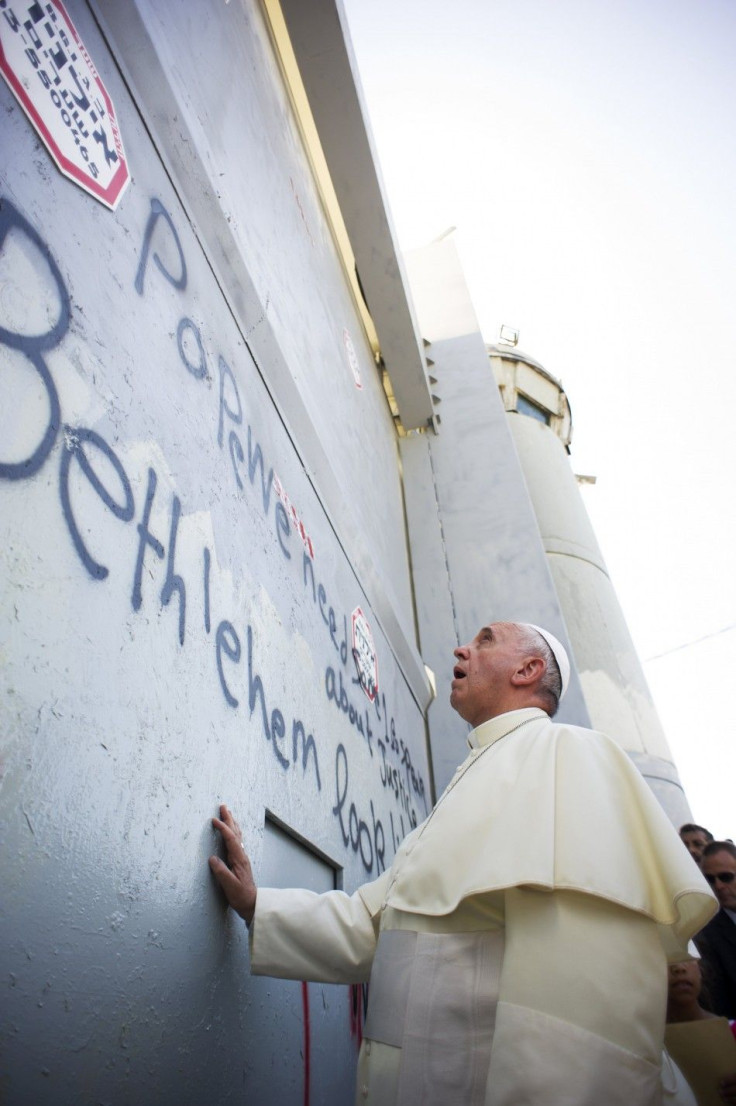Historic First Time: Catholic Pontiff Pope Francis Supports Military Intervention Against ISIS In Iraq

For the first time ever in the history of the Roman Catholic church, its pontiff, currently Pope Francis, has supported military intervention if only to stop the senseless crusade of the Muslim militant ISIS against Christians in Iraq.
Vatican had been characteristically against any military action, "including World War I, World War II, the Vietnam War and, most recently, the U.S. invasion of Iraq in 2003," James Bretzke, a priest and professor of moral theology at Boston College, told USA Today.
But this time around, Pope Francis feels it is time to address the non-sense situation going in Iraq.
Read: ISIS Weakened by US Airstrikes, Kurdish Forces Move To Retake Mosul Dam
He said that in case where there is an unjust aggression, "it is licit to stop the unjust aggressor."
However, he was quick also to say that "one nation alone cannot judge how... to stop the unjust aggressor." That one nation is premised to be the United States.
Bretzke said he believed Pope Francis is up for military intervention for as long as it is the United Nations making the call for military action. As against the United States, Bretzke believed the head of the 2,000 year old religious denomination thinks the United Nations is the better and "legitimate authority" to call for such a unified, global response against the ISIS.
Read: US Slams Conspiracy Theory with ISIS
"I underscore the verb 'stop.' I'm not saying 'bomb' or 'make war,' just 'stop.' And the means that can be used to stop them must be evaluated," the Roman Catholic pontiff said.
Over the recent years, popes have been against military interventions because they had always been used as "excuses" to stop a so-called unjust aggression, Pope Francis said. Such actions have always been used to justify the need for a "war of conquest," he said.
Read: ISIS Launches 'Caliphate' Passport, Openly Distributes Leaflets inLondon
Gerard Powers, a professor of Catholic peacebuilding at the University of Notre Dame, told USA Today that the pontiff's pronouncement was based on stopping groups, not creating bigger wars between countries.
"It's not often that popes in recent memory have said that the use of military force was justified, to be sure," Powers said. "But it certainly fits with what the church has been teaching, and with what popes have been saying about humanitarian intervention situations."
The Islamic radical group ISIS has already taken over a large area of Syria. It wants to purify the region of Christians and other minorities such as the Yazidids.
Read: ISIS Recruits Children, Brainwashes Them to Kill Christians; Vatican Says Military action 'Probably Necessary'





















